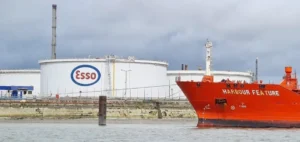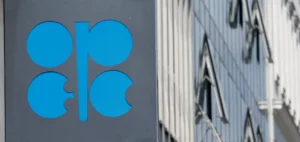OPEC production continues to rise to its highest level since the start of the pandemic. The organization reached a peak in production during the month of August. Two factors have contributed to the increase in oil production. On the one hand, the easing of the unrest in Libya, and on the other hand, the concerted increase in oil production by the Gulf States.
OPEC production increases
OPEC pumped over 29.58 million barrels per day in August. This performance represents an increase of 690,000 bpd compared to July. This is also the highest level recorded since April 2020.
During the COVID-19 pandemic, OPEC+ had agreed to reduce its production. However, the organization has recently increased production quotas. Earlier this month, OPEC+ itself recorded its largest increase in oil production in five months.
But still below the promised volumes
It should be noted, however, that some countries, such as Nigeria and Angola, have not been able to meet their quotas. In fact, OPEC+ production remains below the promised volumes.
OPEC+ has entered the final stage of its agreement to cancel the 2020 production cuts. In August, this last step included increasing production by 648,000 bpd for OPEC+ countries and 413,000 bpd for the 10 OPEC countries.
However, for many countries, due to insufficient investment in oil fields, these quotas are unattainable. Even the 10 OPEC countries only managed to increase their volume by 300,000 bpd.
In July, the organization realized a shortfall of 1.3 million bpd in its production. This figure reached 1.4 million bpd for the month of August. In fact, despite a still rising production, OPEC is struggling to meet its pumping targets.
Countries at the top of the ranking
Although quotas have not been reached, OPEC and OPEC+ member countries are recording an increase in volumes produced. Some countries are showing strong increases in pumped volumes.
With the end of the unrest, Libya has shown the greatest increase in the organization. The country’s production stood at 400,000 bpd for the month of August.
Saudi Arabia posted the second largest increase in production with 100,000 bpd. However, several sources claim that the Saudi kingdom has not managed to reach its quota of 11 million bpd.
Iraq comes in third with an increased volume of 70,000 bpd.
Iran and Iraq did not show any significant decrease or increase and remain stable. The United Arab Emirates is the only country that has managed to reach its full quota.






















